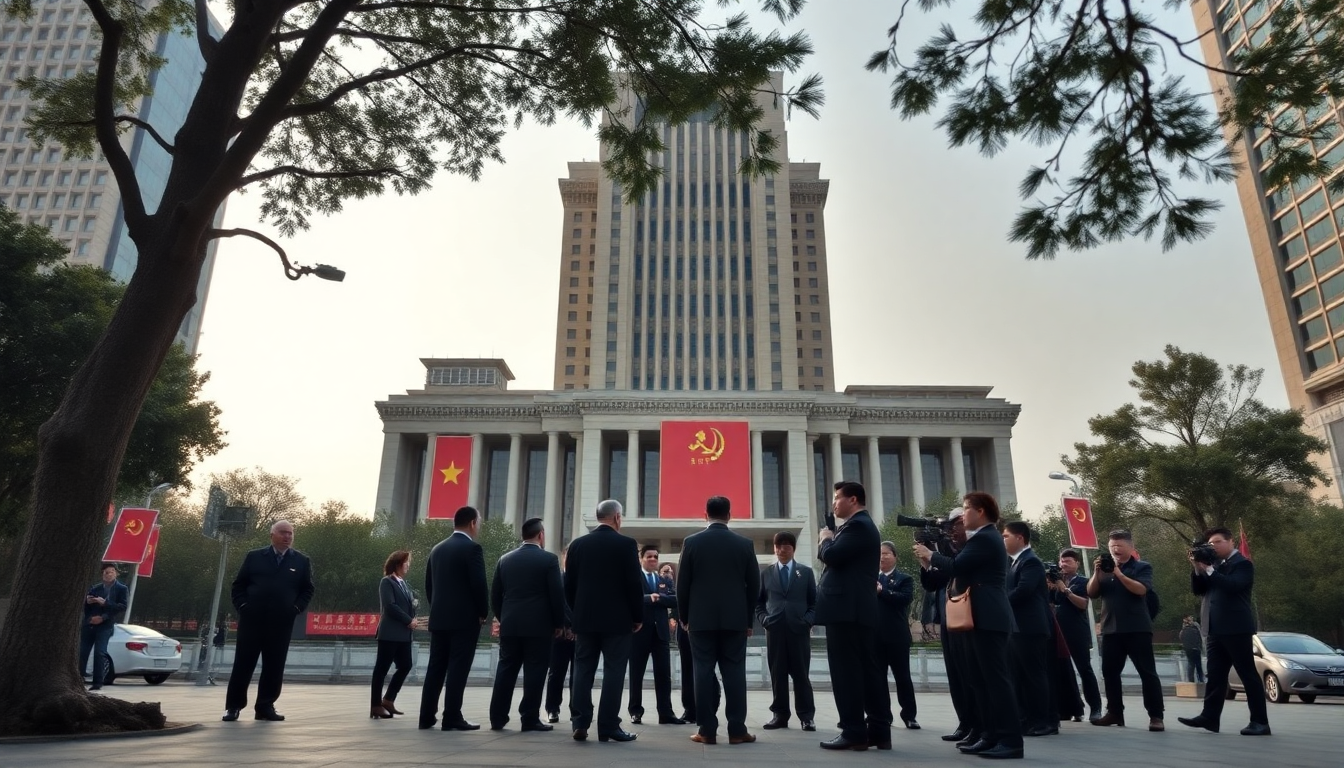Table of Contents
In recent months, China’s political scene has undergone a dramatic transformation, largely driven by a series of investigations into former regional leaders. This development not only highlights a crackdown on corruption but also suggests a deeper reevaluation of how ethnic politics function within the Chinese Communist Party (CCP).
The scrutiny of prominent figures like Liu Hui, the former chairwoman of the Ningxia Hui autonomous region, raises an interesting question: Could the days of ethnic leniency in elite politics be numbered?
Recent Investigations and Their Implications
Take July, for instance.
The expulsion of Qizhala from the Communist Party coincided with Liu Hui’s investigation for alleged corruption, marking a pivotal shift in elite politics. These events prompt us to wonder about the future of political discipline within the CCP. Liu Hui is part of a small group of officials from ethnic backgrounds who have recently faced such scrutiny, hinting at a potential change in the way the party manages its internal dynamics.
These investigations reflect a broader trend toward stricter political accountability. Observers note that this movement signals a commitment to uphold political discipline, which diminishes the previously accepted idea of leniency based on ethnicity. This shift represents a crucial moment for the CCP as it navigates the complexities of maintaining control over its diverse landscape, all while ensuring that every member adheres to the same standards of conduct.
Structure of Governance in Autonomous Regions
Now, let’s talk about governance in autonomous regions. Unlike standard provinces that are overseen by appointed governors, these regions are led by chairmen or chairwomen. Typically, these positions are filled by individuals from non-Han communities, aimed at promoting ethnic diversity and inclusion in the political framework.
However, the prevalence of Han individuals in regional party secretary roles adds layers to the governance structure in these areas.
The chairmanship is often seen as a prestigious role, just beneath the regional party chief. But as recent investigations reveal, the CCP is reevaluating how these positions are filled and what is expected of those who hold them.
There seems to be a growing consensus that political performance, rather than ethnic affiliation, should take precedence when it comes to leadership roles. Isn’t it fascinating how the criteria for leadership are evolving?
The Future of Ethnic Inclusion in Politics
The investigations into Liu Hui and others could signal a turning point in the CCP’s approach to ethnic inclusion. As the party aims to strengthen its unity and discipline, it’s likely that political alignment will increasingly overshadow ethnic considerations. This shift may pave the way for a more meritocratic system, but it could also stir concerns among minority groups regarding their representation and influence in governance.
In the years ahead, the CCP will probably continue to navigate these complexities while striving to balance political stability with the need for representation among its diverse populace. The effectiveness of this approach will be closely watched by both domestic and international observers, and the outcomes of these investigations may serve as a significant marker for future political reforms within the party. How will this all play out? Only time will tell!





